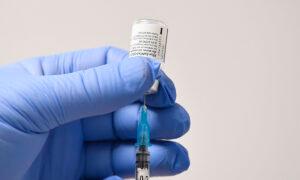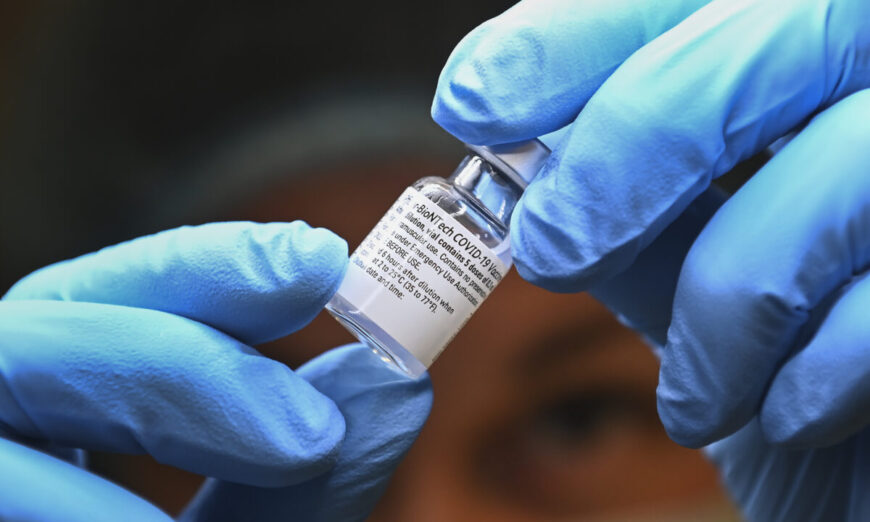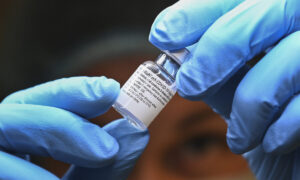Diminished COVID-19 Vaccine Protection Observed in Nearly Half of Lung Disease Cases, Study Shows
In a small study, researchers found that COVID-19 vaccine response varies for those with lung ailments.
“Most of the studies for the COVID vaccine have focused on how well the vaccine protects healthy people,” said senior study author R. Lee Reinhardt, who holds a doctorate in microbiology, immunology, and cancer biology in a press release. “There is not a lot of data available to know if it protects people with respiratory conditions the same way.”
The Study
The primary aim of the study was to analyze the immune response to the COVID-19 vaccine in those with lung conditions compared to healthy individuals. The research team focused on antibodies and critical immune cells known as B and T cells. Using samples from the National Jewish Health Biobank, they studied blood samples from 63 individuals, which included both healthy subjects and those with asthma, COPD, and interstitial lung disease (ILD).
The study found that nearly half—48 percent—of those with lung conditions showed diminished antibody responses within months after vaccination. This contrasts with the “hybrid immunity” seen in healthy individuals, where previous exposure to SARS-CoV-2 boosts the vaccine’s effectiveness. The immunity of lung disease patients appeared to decline as early as three to four months after vaccination.
Dr. Gilman B. Allen, chief of critical care at the University of Vermont Medical Center, weighed in on these findings in an email to The Epoch Times. Recognizing the stature of the team, he commented, “They are affiliated with one of the top pulmonary disease labs in the country.” However, Dr. Allen expressed reservations about the study’s scale and cautioned against making definitive conclusions based on the small sample size.
In the email, Dr. Allen highlighted that many of the study’s lung disease participants were on immunosuppressive drugs—unlike the healthy subjects. He speculated that if these results were replicated in more extensive research, they could reveal how drugs like prednisone and biologics impact the vaccine’s immune response.
Rethinking the Universal Vaccine Approach
The increasing likelihood of routine COVID-19 vaccinations is prompting a re-evaluation of current immunization strategies. Especially in light of recent research, there’s an indication that a tailored approach might be beneficial for individuals with chronic lung conditions or those undergoing immunosuppressive therapies, challenging the widely accepted one-size-fits-all vaccine model.
The study’s authors cautioned against generalizing their findings due to the study’s scale and emphasized that the “… efficacy of the vaccine and vaccine-induced immunity in healthy individuals should not be uniformly extrapolated to individuals with chronic lung disease.”
Highlighting the unpredictable nature of the virus, Mr. Reinhardt commented, “COVID-19 is still around, and we don’t know what the future holds. There could be a winter surge, and we need to understand how the immune response affects everyone—not just healthy people.”
Dr. Allen, reflecting on the research’s clinical relevance, mentioned, “At present, these findings won’t alter my recommendations on COVID-19 vaccination schedules or methods, especially for patients with asthma, COPD, or ILD.”
This article has been archived for your research. The original version from Epoch Times can be found here.






